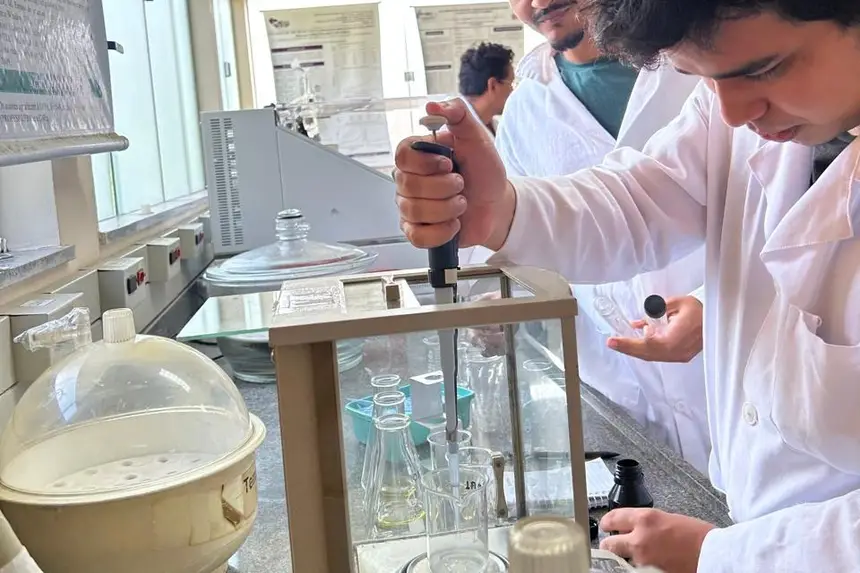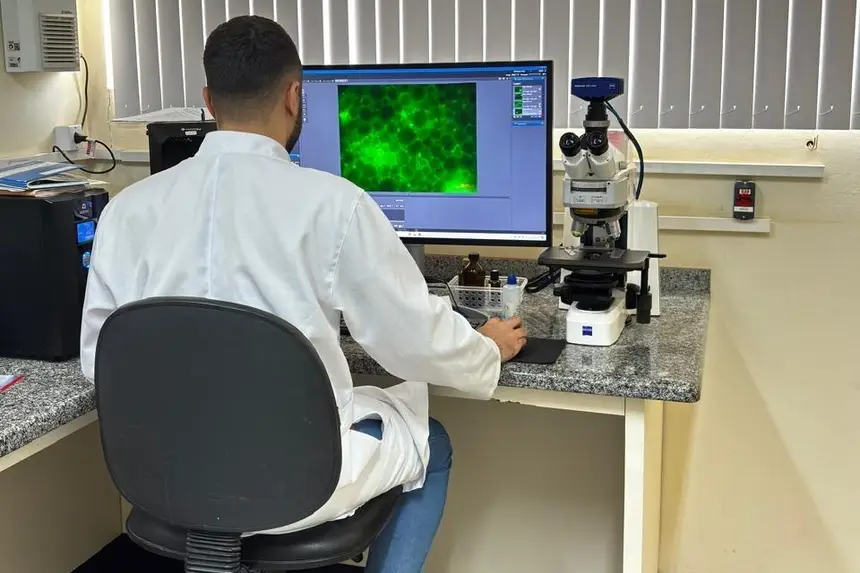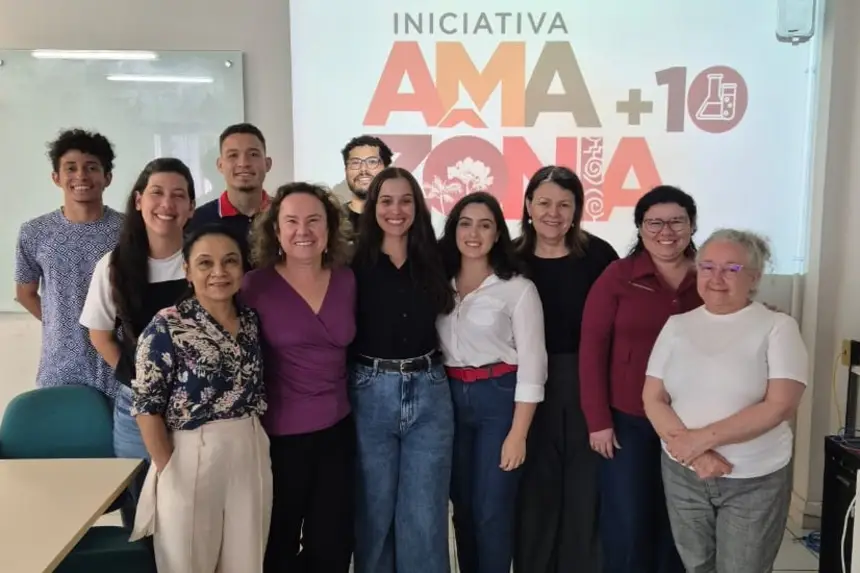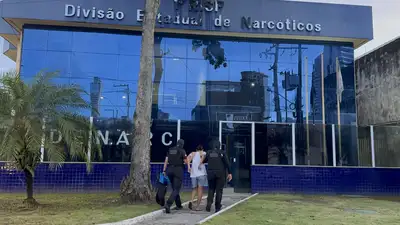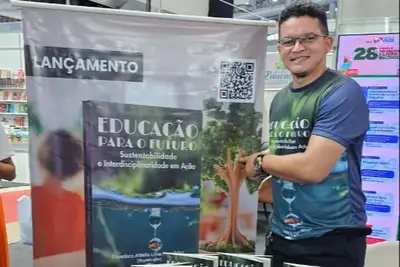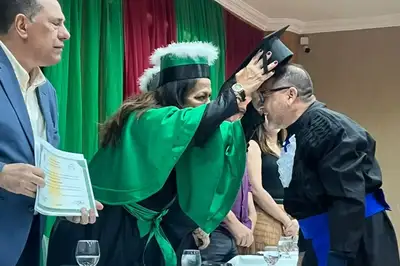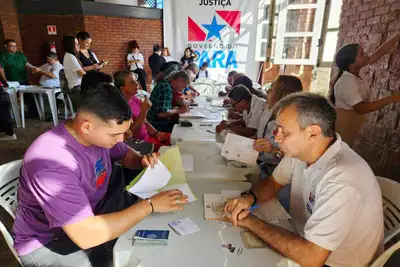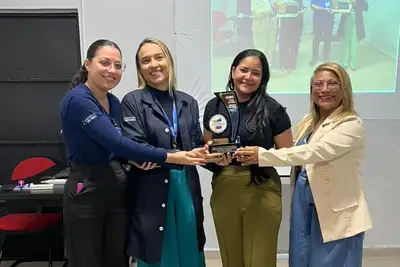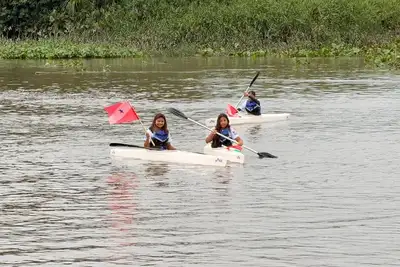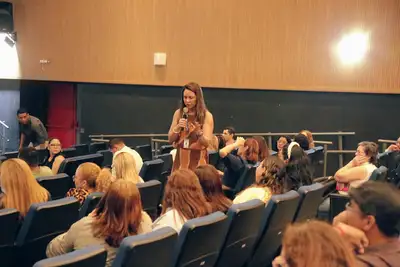Research proposes biorefinery to enhance the economic potential of Amazonian species
With support from Fapespa, the biorefinery aims to add value to the forest's raw materials, increasing social and economic returns for local producers
The Amazon stands out as the largest global reserve of biodiversity and genetic variability of plants, animals, and microorganisms, with over 30,000 plant species still underexplored. Despite all this potential, the productive chain of plant resources in the region remains limited. Most production is focused on supplying high-value-added ingredients, primarily for large national and international industries.
In this context, the biorefinery initiative seeks to study Amazonian biodiversity through the total utilization of raw materials extracted from the forest, including waste, aiming for the reuse of all natural resources, promoting the improvement of the quality of life of communities, the offering of new products, the reduction of environmental impact, and the encouragement of sustainability and regional bioeconomy.
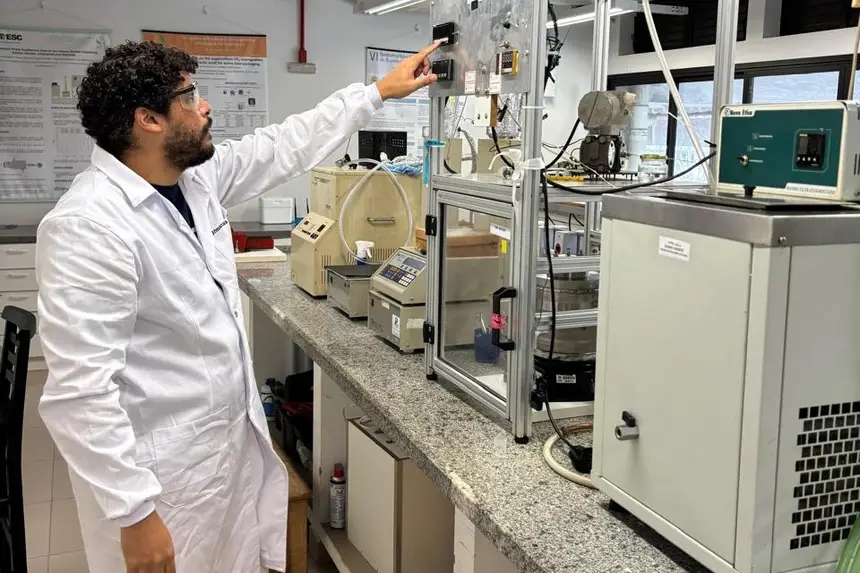
The adoption of the biorefinery concept for Amazonian fruits envisions the use of environmentally innovative techniques, such as high-pressure processes, to extract different fractions of these raw materials. The goal, in the future, is to generate high-value-added bioproducts, such as essential oils, bioactive and functional extracts, which can be used in biodegradable packaging, food, cosmetics, medicines, or agricultural bioinputs.
Sustainability - This innovative proposal, funded by the Amazon Foundation for Support of Studies and Research (Fapespa), aims to add value to all stages of the productive chain of plants, applying sustainable technologies that can be used by both companies and the communities that produce the raw materials, reusing waste, thus allowing income generation for these producers throughout the year, and not just during the off-season.
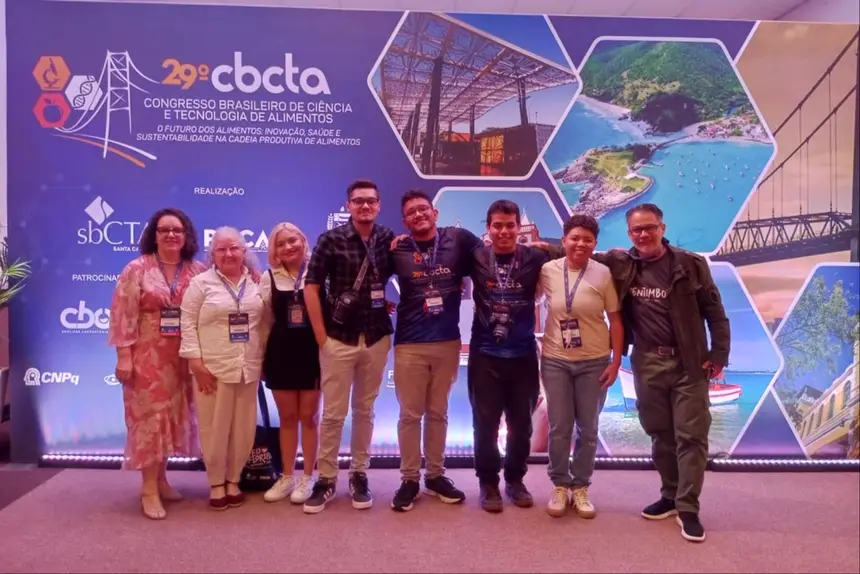
Researcher Luiza Helena Meller da Silva from the Federal University of Pará (UFPA) is leading the study BIORE-AMAZÔNIA - Biorefinery of Amazonian fruit chains: an approach to intensifying the recovery of essential oils, bioactive molecules, and high-value products to enhance the economic and social return for producers in Pará. She leads a team of researchers from the University of Campinas (Unicamp), Federal University of Santa Catarina (UFSC), and Federal University of Pelotas (UFPEL), who are working in partnership with the company 100% Amazônia, located in the municipality of Abaetetuba, in the Tocantins Integration Region, in northeastern Pará.
Based on the results of the studies, the research showed that ucuúba, a typical Amazonian tree, can be sustainably used to produce both a stable butter rich in beneficial compounds and high-value antioxidant extracts. The pracaxi, another Amazonian tree, from which oil is extracted from its seeds, was also studied by researchers, who manipulated the oil and the waste. This comprehensive utilization paves the way for new products in the cosmetics and health sectors, bringing economic and environmental benefits to the region.
The project was initiated in 2023, following the release of resources from the Amazon +10 Program, as the FAPs (State Foundations for Research Support) gradually allocated funding according to the progress of the research.
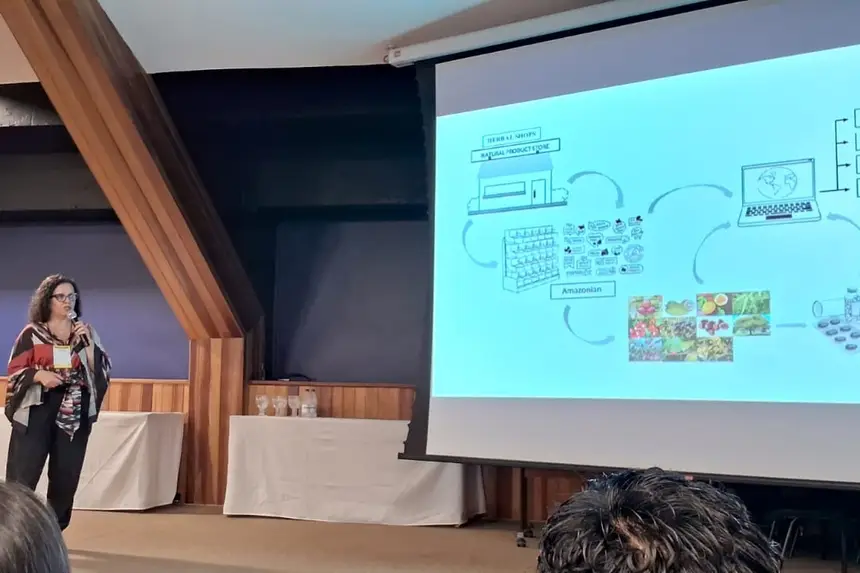
Amazon +10 - The project is part of the first call of the Amazon +10 Initiative, a program that enabled the studies of 500 researchers across 20 states. The investments were made possible through the FAPs, totaling R$ 41.9 million, distributed among the 39 proposals presented by 18 states of the Federation and the Federal District.
These institutions work synergistically in studying biorefinery proposals for selected raw materials, enabling the full use of waste from the process. With the significant results of the research, specific equipment for Amazonian matrices was developed, educational material for the collection, storage, and transportation of waste generated in the production chain of Amazonian fruits was created, and professionals were trained in good manufacturing practices.
Collective construction - Bioeconomy is based on sustainable use to generate products and services, serving as an alternative to combat environmental impact and generate income for local communities. The study's proposal stems from the collective construction of regional demands and is aligned with the United Nations Sustainable Development Goals (SDGs), betting on the integration between research groups, public management, and the private sector to promote a more inclusive and sustainable bioeconomy in the Amazon.
The emphasis on the importance of the study is to "generate processes and products that can promote income expansion and reduce environmental impact through value addition, especially of the waste that until now has been discarded as trash," emphasized researcher Luiza Helena Meller da Silva.
For the president of Fapespa, Marcel Botelho, "adding value to the products of sociobioeconomy is the key to advancing local income generation. Coupled with this, we will have more jobs for our population and a strengthening of all links in the productive chains."
The state government promotes sustainable projects, and "Fapespa, as a funder, plays a fundamental role in enabling experimental stages and paying research scholarships for the project's students," added the researcher.
Text: Jeisa Nascimento, intern, under the supervision of Manuela Oliveira - Ascom/Fapespa


